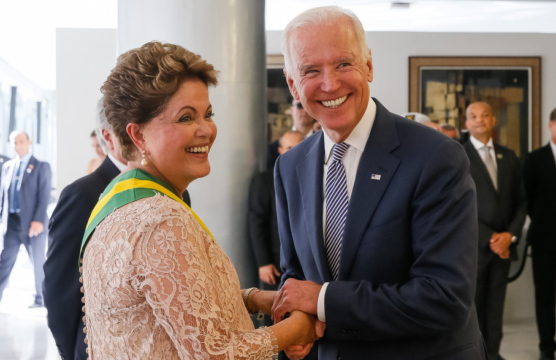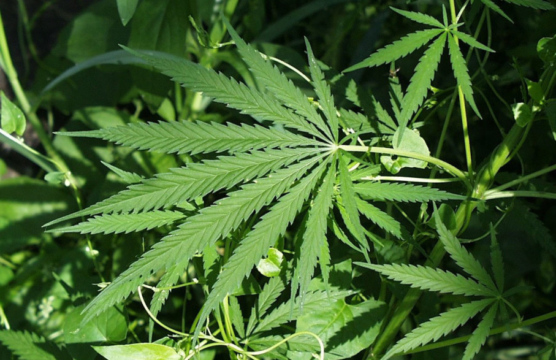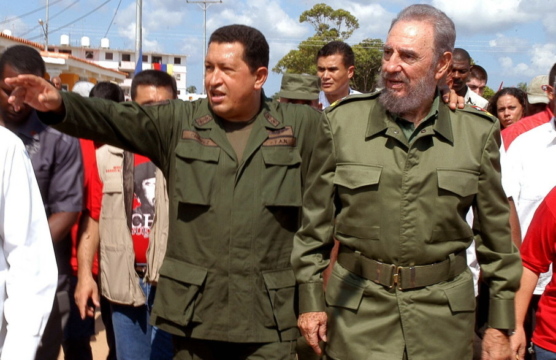The Ghosts of Port-au-Prince
Even before a massive earthquake transformed much of the capital city of Port-au-Prince into rubble, Haitians were already bound together by the shared trauma of collective memory.
Even before a massive earthquake transformed much of the capital city of Port-au-Prince into rubble, Haitians were already bound together by the shared trauma of collective memory.
The earthquake in Haiti has exacerbated an existing distress during the international recession and increased uncertainty of what to do and how to help.
While Santos is familiar with Chávez’s unpredictability and knows as well as anyone where the FARC rebels are and what they are up to, he also knows the economic stakes for Colombia.
Vice President Biden’s meeting with President Rousseff turned out to be yet another sign of the deterioration of US-Brazil relations.
Haiti represents one of the most complex and deeply rooted challenges facing U.S. foreign policy in the Western Hemisphere: a failing state on the doorstep of the world’s most powerful nation.
Uruguay was the first nation to fully legalize the sale and use of recreational marijuana. Colorado and Washington, however, beat them to the punch.
It is not easy to interpret often mixed signals coming from Washington about US foreign policy. But with its wide-ranging agenda, Colombia seems especially complicated.
Since achieving independence in 1804 to become the world’s first free black state, Haiti has been beset by turbulent, often violent, politics and a gradual but seemingly unstoppable slide from austerity to poverty to misery.
Although politics has cyclical features, and ideology is sometimes a factor in choices made by Latin American voters, the left-right labels obscure more than they illuminate.
The picture of a drug-legalized America is sensationalist and plays on existing societal fears that drug use will spread like a disease.
Someday, someone will write the objective history of the US-Colombia free trade agreement For the US, the history is not a happy one.
Last month’s CELAC meeting was a celebration of the single point of consensus among its members: their opposition to US policies.
The discussion of two of the hemisphere’s most controversial issues, Cuba’s and drug policy, could make this Summit particularly consequential.
Given today’s realities, the glowing terms some used to describe US-Argentine relations in the 1990s do not make sense. But neither does the excessively negative talk heard in Buenos Aires and Washington.
The formal launching of CELAC revealed the strength of regionalism in Latin America.


